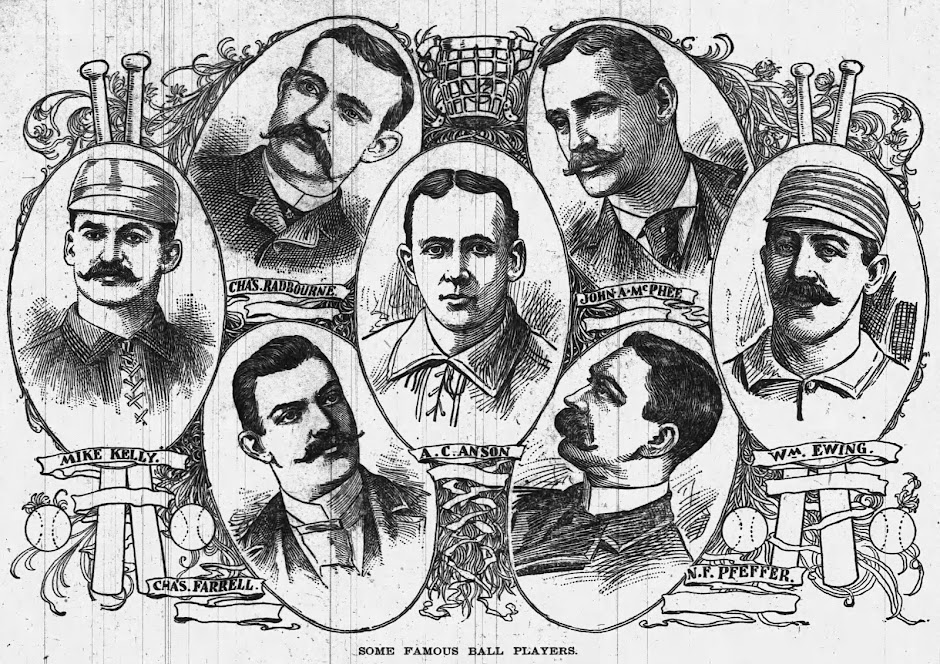When I resumed blogging in January, my original intent was to write about three things: books that I read, books that I am writing or had written, and Shakespeare. Thinking about it some more, however, it seemed to make sense to separate the last topic for a number of reasons, some which will be explained (I hope) in this post. 2010 marks the a half a century that Shakespeare's history plays have been part of my life which is more than a little scary.
It all started innocently enough in freshman English at Wayne High School in the fall of 1960. Our teacher told us about a television series he wanted us to watch called "An Age of Kings." He did tell us that it consisted of Shakespeare plays, but he assured us there would be plenty of action. Apparently I was the only one dumb enough to do it since he never mentioned again in class. The series took Shakespeare's eight plays covering the period 1399 to 1485 and with one exception divided each play into two parts (Henry VI, Part I was shortened into one part).
By the time I watched my first show they were at the second half of Richard II which I didn't like - it is still my least favorite of the plays largely because I don't like Richard II. Next was Henry IV, Part I. The first half of that episode included, of course, the famous tavern scene, but I didn't like it - I though Falstaff was too silly - more likely I was too serious. However, it was the second episode called "The Road to Shrewsbury" which hooked me for life or at least for the next 50 years. The confrontation between Prince Hal (Robert Hardy) and Hotspur (Sean Connery, before James Bond) enthralled me - "And think not Percy to share with me in glory anymore." That's Robert Hardy in the above picture as Henry V, courting a young Judy Dench as Katherine of France.
From that point on, I looked forward to Monday nights at 8:00 when program came on running usually for more than hour, but typically less than 90 minutes - very unusual for a television program in those days. There was guidebook published by (I think) the sponsor Shell Oil company which I sent away for and read from cover to cover. I am not sure how much of it I really understood, but it opened the door to me for Shakespeare, English history, literature and my English roots.
I am not going to claim that I have been reading the plays on a regular basis since then. In fact before 2003 I had only ever seen one Shakespeare play in person - Henry V at Drew back in the 1970's. All of that changed however when I one day got a tape of lectures on Shakespeare by Peter Saccio, a well known professor at Dartmouth. Listenting to the lectures especially about the history plays led me to take a graduate course on the plays at Montclair State in the fall of 2003 and to attending almost every production of the plays that I could find. This reached its peak in the winter of 2008 just after my retirement when Carol and I went to England for a week to see all eight plays over the course of five days - the three Henry VI plays in one day. It was a once in a life time experience and one I will never forget.
I have been grappling since then as to how to continue to pursue this interest. Since I want to focus just on these plays going back to graduate school isn't especially appealing. Teaching them in some way at adult school or a private high school is another approach, but it hasn't borne fruit yet. I suspect I would like to write a book about them, but there are too many other projects that have a priority and I don't want to let this just wait. So therefore, I am going to at least try blogging about the plays as I gradually and perhaps slowly re-read the plays.
The process for this is going to be to read them in the order in which they were written (let's call authorial order) rather than in the order in which the events take place (regnal order). A major reason for the order is that one of my priorities is to try to figure out what Shakespeare's thinking is, especially about kingship and national leadership. Reading them in the order they were written should offer some clues to how his ideas developed. I am going to read each scene several times, think about it and perhaps even watch a DVD version before writing about it. The approach is going to be one that I learned from Naomi Liebler in the class at Montclair State - first interrogate the text, then interrogate your own understanding of the text. For reasons that will be explained in the next post I am starting with Henry VI, Part II. So off we go, if anyone is reading out there and wants to comment, please do so.


No comments:
Post a Comment